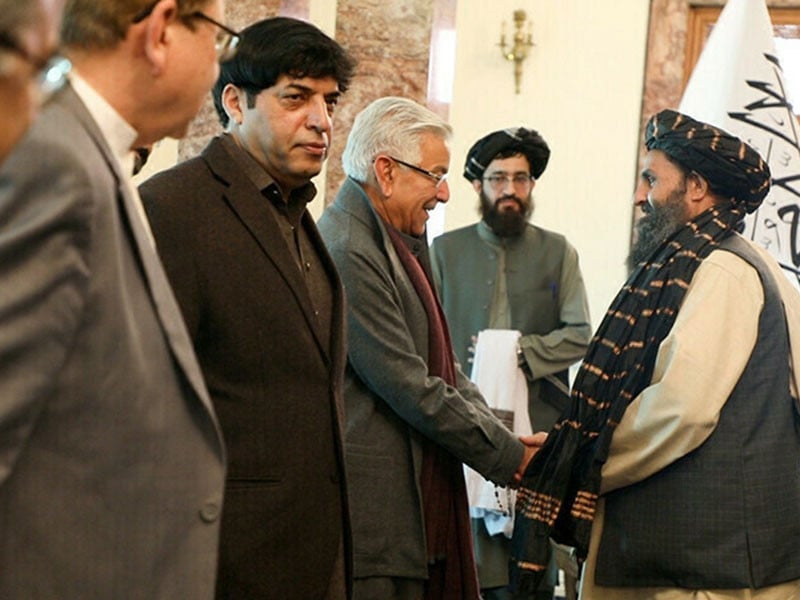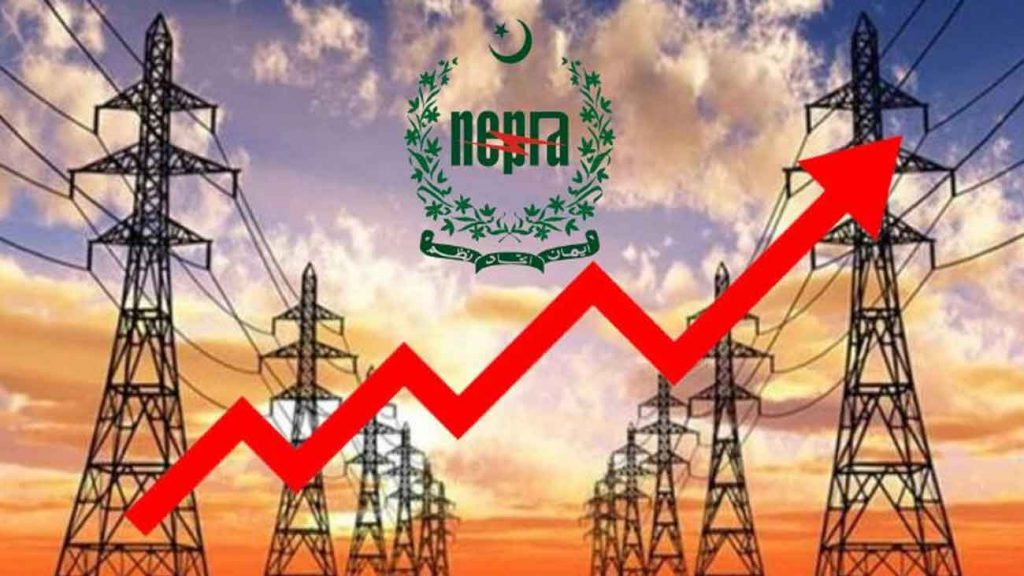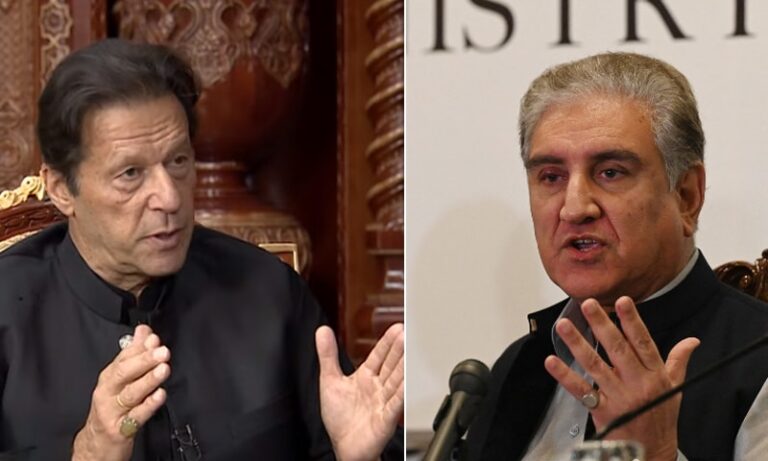Editorial
Objectives Resolution is one of the most critical documents in the constitutional history of Pakistan. The first Constituent Assembly passed it on March 12 1949, under the leadership of Liaquat Ali Khan. It laid down the objectives on which the country’s future Constitution was to be based, proving to be the foundational stone of constitutional development in Pakistan. The most significant thing was that it contained the basic principles of the Islamic political system and Western Democracy. The Constitution can ascertain its importance because it served as a preamble for the Constitution of 1956, 1962, and 1973. It became a fundamental part of the Constitution when the Eighth Amendment of 1985 inserted it.
The following are the fundamental primary features of the Objectives Resolution:
- The sovereignty of the entire Universe belongs to Allah alone;
- Authority should be delegated to the State through its people under the rules set by Allah.
All power belongs to Allah, and the delegated authority belongs to the people; hence, the chosen representative shall exercise it. The Constitution, assimilated in the spirit of Islam, empowers politicians with the delegated authority of Allah as a sacred trust. It must prove that power belongs to the people’s representatives. Then, why do the military, judiciary and especially bureaucracy intervene in the sacred trust of people? Politicians may be corrupt, inefficient, nepotistic or opportunistic; it does not matter because the power belongs to the people, and it is only the will of the people they delegate or not. Politicians are the only legal and constitutional persons to exercise the power of the people.
A government has three organs; the legislature, executive and judiciary. The executive consists of two parts; the political executive and the bureaucratic executive. The political executive is the cabinet known as the government in a parliamentary form of governance. The legislature begets the political executive; thus, the cabinet represents the legislature’s will, as the legislature represents the people’s will. The Constitution is the supreme covenant, and it empowers the politicians, the only legitimate custodian of the power of the people. The relationship between political and bureaucratic executives is structurally inseparable. The marriage of convenience or inconvenience shall always remain consumable despite divergence or convergence of emotions.
The State of Pakistan inherited a colonial system of governance. Secretary of State for India structurally incarnated the British model of colonial administration through the bureaucracy. The colonial bureaucracy was the legislature, executive and judiciary. The British established the offices of deputy commissioners, commissioners, secretaries, police, judiciary and especially the Chief Secretary to fulfil the colonial objectives of the governance. The politicians were mere spectators in the realm of state power. Then, Politicians of the post-independence were to assume the role of secretary of State for India in the executive domain. However, owing to the army, judicial and bureaucratic factors, politicians remained dependent on the public sector bureaucracies. Critics attribute several political flaws of the politicians; some may be correct or incorrect. However, no one can deny the legal argument that only politicians should have led the country.
These are not political parties but rather dynasties. The leaders of dynasties care power than political ideals of democracy, participation and representation. A dynast shall never promote the political inclusion of workers in the realm of control. Therefore, he shall depend upon the bureaucracy, whom he feels competent, partner and no threat to his political capital. Thus, bureaucracy cunningly manipulates the political heavyweights and invests in them. Bureaucracy does not care the ordinary politicians or people. It only cares about the political heavyweights; it considers them instrumental in their postings and partnerships.
To begin with, the Principal secretaries are the most potent bureaucrats. They serve the will of the Prime Minister and the Chief Ministers. Critics attribute them to the defacto chief executives. They often than not influence the working of the prime minister and chief minister secretariat. They control delegated legislation, cabinet and statutory executive orders. Even cabinet ministers can only meet the Chief Executives with their will. Their influence is enormous, and one can understand it through this reference. They mainly belong to a specific federal service, and despite many attempts to reform the bureaucracy, the colonial structure is the same owing to the role of principal secretaries. Then, the prime minister and chief minister secretariat must have political appointments, not the bureaucratic ones on the model of the spoil system of the USA. However, the spoil system should remain in the office of chief executives. These political appointments will empower the political executive.
Bureaucracy always convinces the Chief Executives to be the ministers of the Establishment division and provincial S&GADs. It convinces because chief executives typically remain busy in their work, and resultantly, they will keep complete authority over the cadres of bureaucracy. The political executive must appoint the ministers of the Establishment Division and Provincial S&GADs to ensure checks and balances on the bureaucracy in the cabinet form of governance. The strength of bureaucracy is the general cadre of posts. A general cadre means reserving seats from all departments into a unified general cadre. Therefore, the officers of general cadres are federal and provincial secretaries of all departments, deputy commissioners, director general of authorities, project managers and whatnot. General cadre services control the departments and organizations and create a monopoly. Specialized services must replace general cadre services for effective administration and growth of organizations. The modern world requires specialized services, not generalist services. It is also critical for political empowerment.
Pakistan is cabinet governance. The chief executive of the province is the office of the chief minister. Therefore, there is no need to sustain a parallel office to the powers of the chief minister. Cabinet governance requires the executive to work through ministers, not the chief secretary or secretaries. Even the federal government does not keep the office like that of the chief secretary. The abolishing of the office of chief secretary shall empower the provincial government. The chief secretary post is connected with the affairs of a province under article 240(b) and raised by the provincial assembly through the finance act; therefore, the government should abolish the position for emancipating the chief minister’s office. It is also critical to elevate the minister to the position of the administrative head of the ministry or department. This elevation shall empower the political executive to achieve the goals of cabinet governance.
Political empowerment in the district is critical for good governance and service delivery. The local government should replace the deputy commissioner’s office in the domain of local government powers. It will empower the politicians in the districts where they are the weakest. A local government system shall also ensure the abolishing of ceremonial commissioner offices. How can democracies allow the offices like those of commissioners to influence the whole division?
The story does not end here. Then, the retired bureaucrats are even more powerful when they are re-employed. The re-employment of civil servants is the negation of the Principle of retirement. Retirement means that the person is no more able to perform. Then, why are they re-employed? Politicians make a mockery of themselves. It is beyond comprehension why they re-employ retired grade 22 officers in constitutional and critical political positions. They re-employ or appoint them as chairman of NAB, DG anti-corruption, chief election commissioner, chairman FPSC, PPSC, caretaker political executive and whatnot. Resultantly, the politicians remain subdued and exploited by these shrewd retired progeny. Politicians must develop a consensus never to appoint retired civil servants to these positions. It is critical for the respect and political empowerment of politicians.
The politicians’ constitutional obligation and prerogative is to lead the governance structures. They represent the will of the people, not the public bureaucracies. All power belongs to the people of Pakistan as a sacred trust from Allah Almighty. Then, the question arises, will politicians do it? There are serious question marks on politicians’ competence, honesty, and dedication. However, politicians should not be blamed for it. The blame rests with the people. Why don’t they elect true representatives? It is an absurd argument that their choice is rigged. Then, who has to resist it? These are the people who should elect their true representatives for the ideals of democracy. The day, they elect true representatives, the day, things will change.

















































